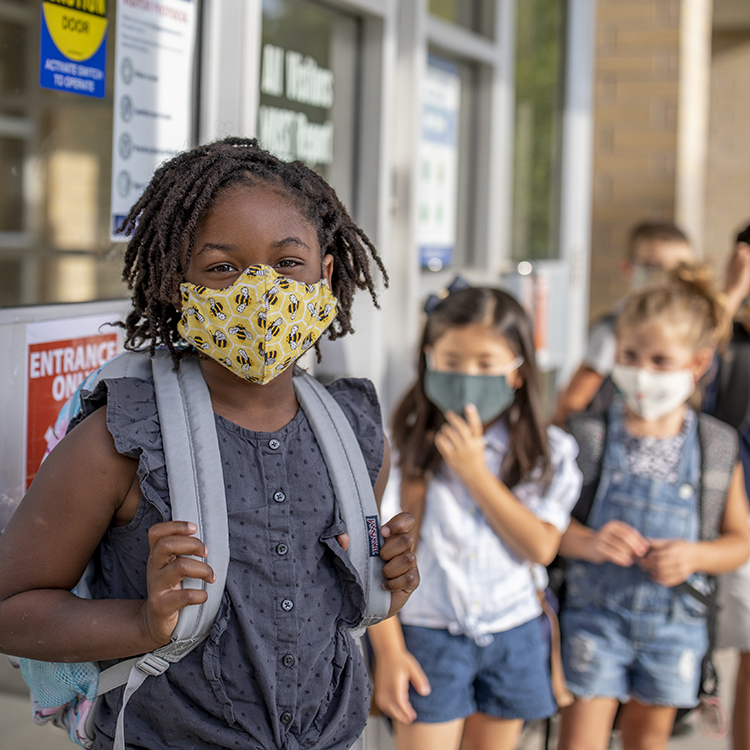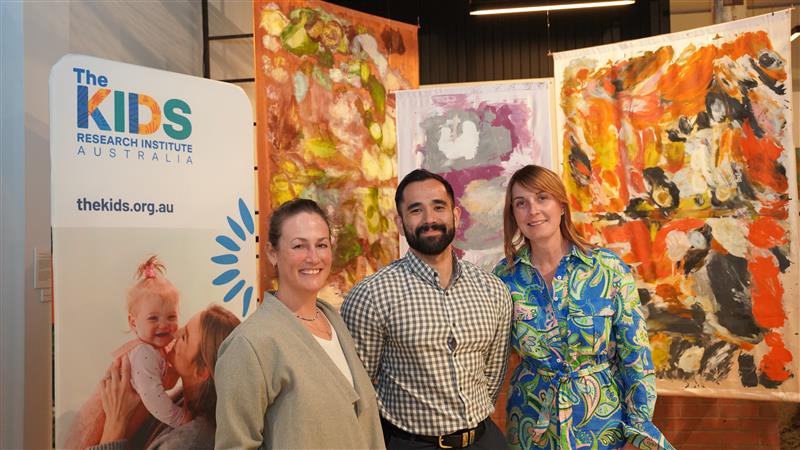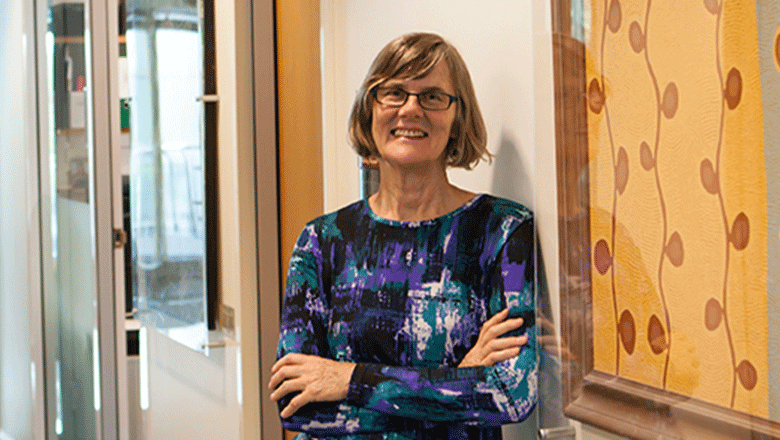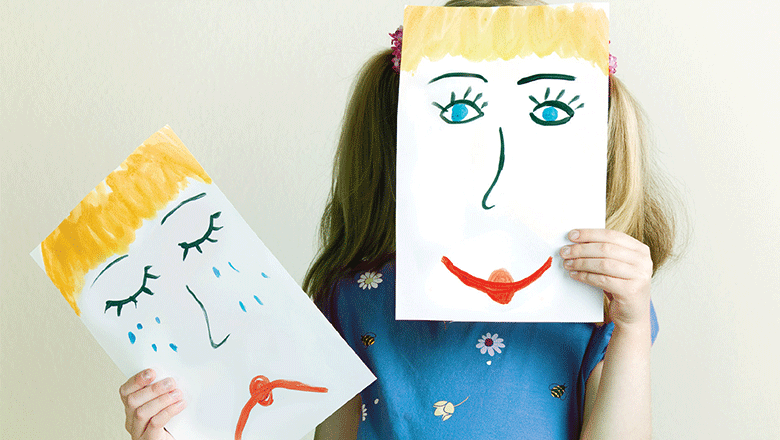Search
The question of whether or not parents should monitor their children’s social media often triggers a lot of follow up questions.
Research
AutismCharacterised by varying degrees of difficulties in communication skills and social abilities, one in every 100 individuals will have a diagnosis of an autism spectrum condition. While autism is known to run in families, the exact causes remain unknown.

While COVID-19 is new and frightening, these resources are designed to help families tackle the challenges this virus has created for us.

Support our best and brightest at the most pivotal time in their careers.
Research
A randomised-controlled trial of a behavioural intervention for optimising social and communication development in newborns at increased likelihood of autism spectrum disordersAndrew Kandice Matt Melissa Videos Whitehouse Watch and listen to Andrew Varcin Cooper Licari PhD M.Psych (Clinical), PhD BCA Marketing, BSc

News & Events
New study shows alcohol use ‘common’ during pregnancyThe Kids Research Institute Australia's Professor Carol Bower is not surprised by new research that shows alcohol use in pregnancy is 'common'.

News & Events
Landmark youth mental health survey releasedResearchers at The Kids Research Institute Australia hope data obtained from the 2nd Australian wide survey of child and adolescent mental health will help government
Research
The Kids KimberleyThe aim of establishing a local presence is based upon an intention to be by invitation considered as part of the Kimberley group of organisations as well ...
Research
Early Childhood DevelopmentEvery child deserves the best possible start in life. Evidence demonstrates the period from pre-birth to three years is a vital period of development. It lays the foundations for a child’s future and has life-long impacts on health, education, job opportunities, social inclusion and wellbeing.
Research
InfluenzaInfluenza (commonly known as the flu) is caused by a highly contagious virus spread mainly through coughing and sneezing. An annual flu vaccination is the most effective way to prevent flu outbreaks.
